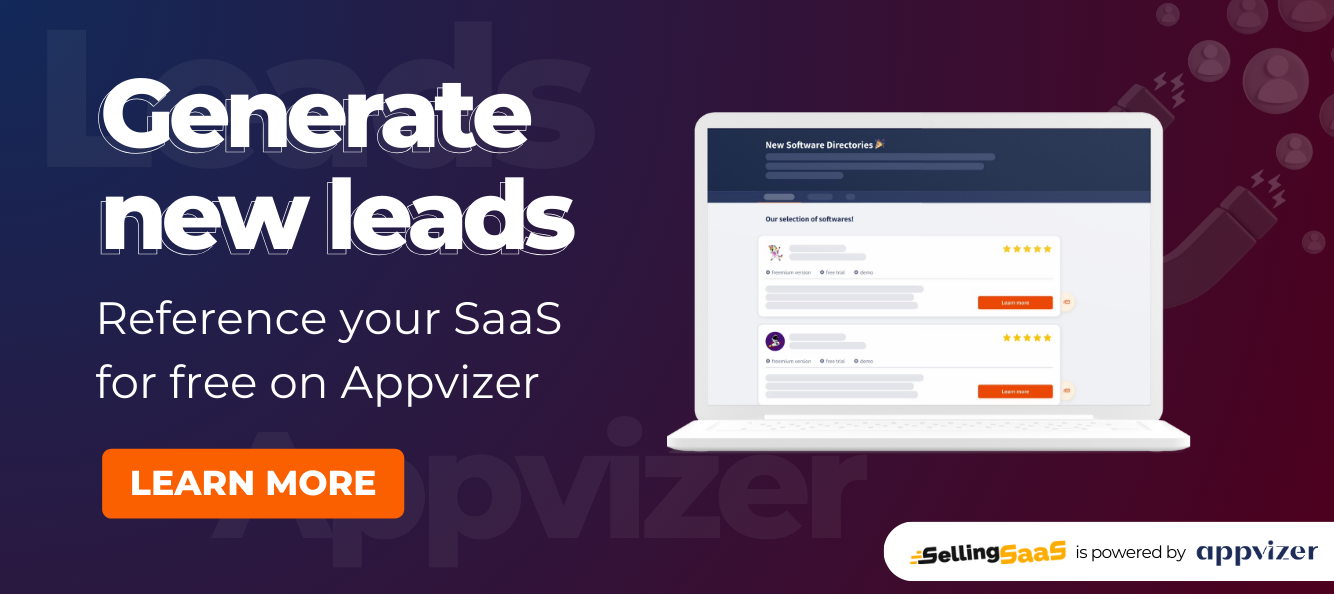I. Understanding the Importance of SaaS SEO Strategy
a. The Fundamentals of SaaS SEO
SaaS SEO is a specialized approach to search engine optimization, tailored specifically for SaaS (Software as a Service) companies. It involves optimizing your online presence to increase visibility and attract potential customers who are actively searching for software solutions. This includes optimizing for specific keywords related to SaaS products, enhancing website usability, and creating content that addresses the unique needs of SaaS audiences.
b. The Exponential Growth Potential of SaaS SEO
Investing in SEO can unlock exponential growth for SaaS companies. By improving search engine rankings, SaaS businesses can significantly increase their online visibility, driving more organic traffic to their websites. This increased traffic can lead to higher conversion rates, more subscriptions, and ultimately, rapid business growth. SEO also helps in building brand authority and credibility, which are crucial in the competitive SaaS market.
c. The Role of SaaS SEO in Sustainable Business Growth
SaaS SEO plays a vital role in achieving sustainable business growth. Unlike paid advertising, which provides short-term gains, SEO offers long-term benefits. A well-executed SaaS SEO strategy ensures that your website continues to attract high-quality traffic over time, reducing reliance on paid channels. This steady flow of organic traffic leads to a consistent influx of potential customers, helping SaaS companies to maintain a stable and growing user base. Furthermore, SEO helps in adapting to market changes and evolving customer needs, ensuring that the SaaS company remains relevant and competitive in the long run.
II. Implementing an Effective SaaS SEO Strategy
a. Keyword Research for SaaS SEO
i. The Importance of Seed Keywords in SaaS SEO
Seed keywords form the cornerstone of any SaaS SEO strategy. These are the primary terms that closely relate to your product or service and are used to generate a broader list of keywords. For SaaS companies, these might include the type of software, target industry, or specific problems the software solves. Identifying the right seed keywords is crucial as they guide the direction of your content and SEO efforts, ensuring relevance to your target audience.
ii. Building a Targeted Keyword List for SaaS SEO
Once seed keywords are established, the next step is to expand them into a comprehensive keyword list. This involves using tools like Google Keyword Planner or SEMrush to find related terms, long-tail keywords, and phrases your potential customers are searching for. This list should be a mix of high-traffic terms and niche, specific keywords that can attract qualified leads.
b. On-Page Optimization for SaaS Websites
A well-structured website is essential for both user experience and SEO. For SaaS websites, this means having a clear, logical navigation with well-defined categories, making it easy for both users and search engines to find relevant information. Include clear call-to-actions (CTAs) and ensure that your site is mobile-responsive, as a significant portion of users may access your site via mobile devices.
ii. Creating Engaging and Relevant Content for SaaS SEO
Content is king in SEO, and this holds especially true for SaaS companies. Your content should not only incorporate your targeted keywords but also provide real value to your audience. This can include blog posts, how-to guides, case studies, and whitepapers that address common questions, pain points, and interests of your target market. The content should position your SaaS product as a solution while also being informative, engaging, and shareable.
c. Off-Page Optimization for SaaS Websites
i. Building High-Quality Backlinks for SaaS SEO
Backlinks from reputable and relevant websites are a key ranking factor in SEO. For SaaS companies, this can involve guest blogging on industry-related sites, collaborating with influencers, or getting featured in software review platforms. Quality always trumps quantity; focus on getting links from authoritative sites within your niche.
ii. Leveraging Content Marketing for SaaS SEO
Content marketing is not just about creating content for your own site. It also involves distributing and promoting your content across various channels to build backlinks, increase brand visibility, and drive traffic back to your site. This can include social media promotion, email marketing campaigns, and content syndication on platforms relevant to your target audience.
In implementing these strategies, it’s important for SaaS companies to maintain a balance between technical SEO best practices and creating a user-friendly experience that addresses the needs and questions of potential customers. This holistic approach to SEO can significantly enhance online visibility and drive sustainable growth.
III. Advanced Techniques and Tools for SaaS SEO Strategy
a. Technical SEO for SaaS Websites
i. Optimizing Website Speed and Performance for SaaS SEO
In the SaaS world, where software efficiency is paramount, your website’s speed and performance are direct reflections of your product’s perceived quality. Utilize tools like Google PageSpeed Insights to analyze and improve loading times, which is crucial for retaining potential customers who may equate website performance with software efficiency.
ii. Implementing Structured Data Markup for SaaS SEO
Leverage structured data to highlight SaaS-specific information like software features, pricing models, and user reviews. This can enhance your visibility in search results with rich snippets, making your offering more appealing at a glance. Use Google’s Structured Data Testing Tool to ensure correct implementation.
b. Leveraging SEO Tools for SaaS SEO Strategy
i. Using Moz and SEMrush for SaaS-Specific Keyword Research and Tracking
For SaaS companies, it’s essential to focus on keywords that not only drive traffic but also indicate a high intent to subscribe or sign up for a demo. Tools like Moz and SEMrush can help identify these niche, high-conversion keywords and track their performance.
ii. Analyzing Competitor Strategies with Ahrefs
In the competitive SaaS market, understanding what SEO strategies your competitors are successfully employing can provide crucial insights. Ahrefs can reveal their top-performing content, backlink strategies, and keyword rankings, helping you to identify gaps in your own strategy and opportunities for differentiation.
c. Continuous SEO Auditing and Improvement
Regular SEO audits are critical in the ever-evolving SaaS industry. Conduct comprehensive audits using tools like Screaming Frog and Google Search Console to ensure your site aligns with the latest SEO best practices and to identify areas for improvement, such as optimizing for SaaS-specific keywords or improving user experience for complex SaaS offerings.
d. Utilizing Analytics for Informed Decision Making
Analytics play a key role in understanding how visitors interact with your SaaS website. Tools like Google Analytics can provide insights into which content is driving sign-ups, what features are most attractive to users, and where your funnel may be losing potential customers. This data is invaluable for making informed decisions to optimize your SEO strategy for both traffic and conversion.
By focusing on these advanced techniques and tools, SaaS companies can develop a robust SEO strategy that not only improves their search engine rankings but also aligns with their unique business models and goals. This targeted approach is essential for attracting high-quality leads, increasing conversions, and ultimately driving sustainable growth.


